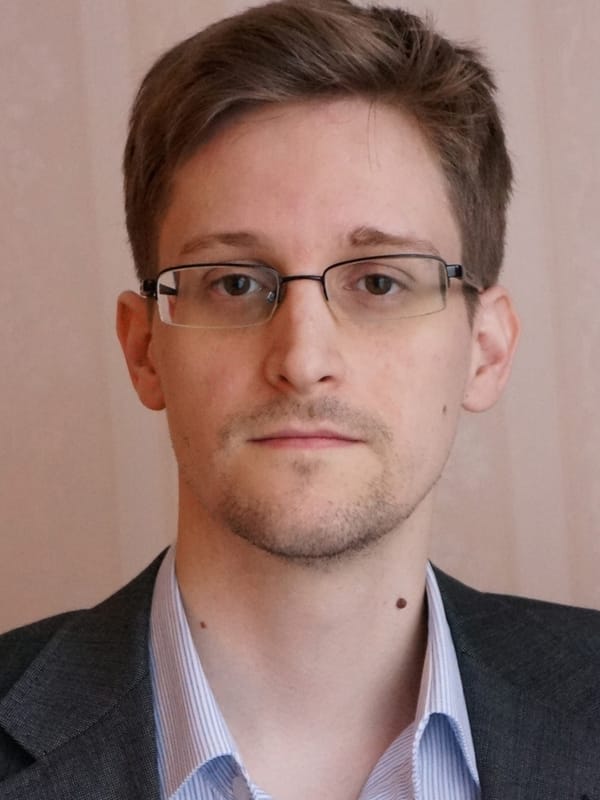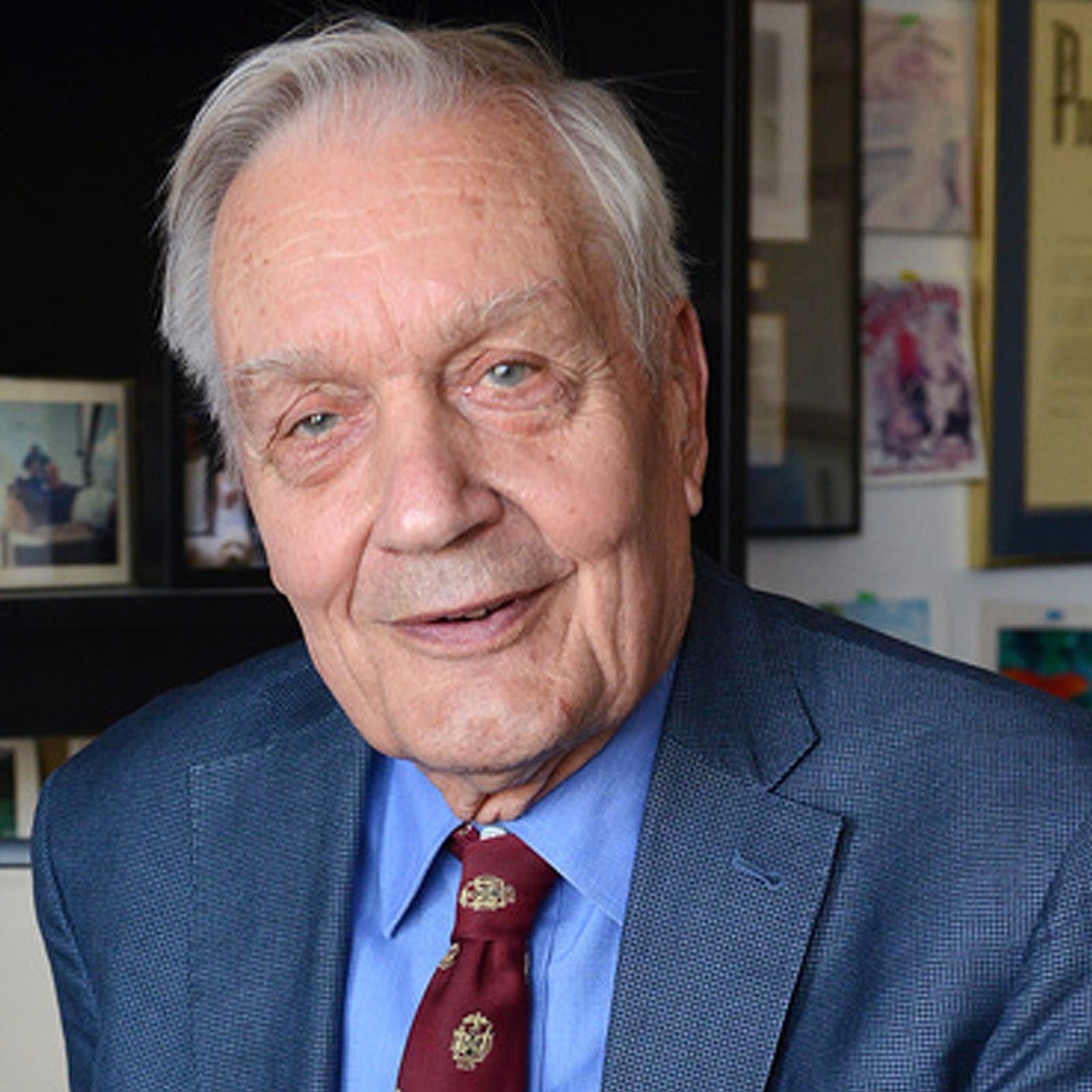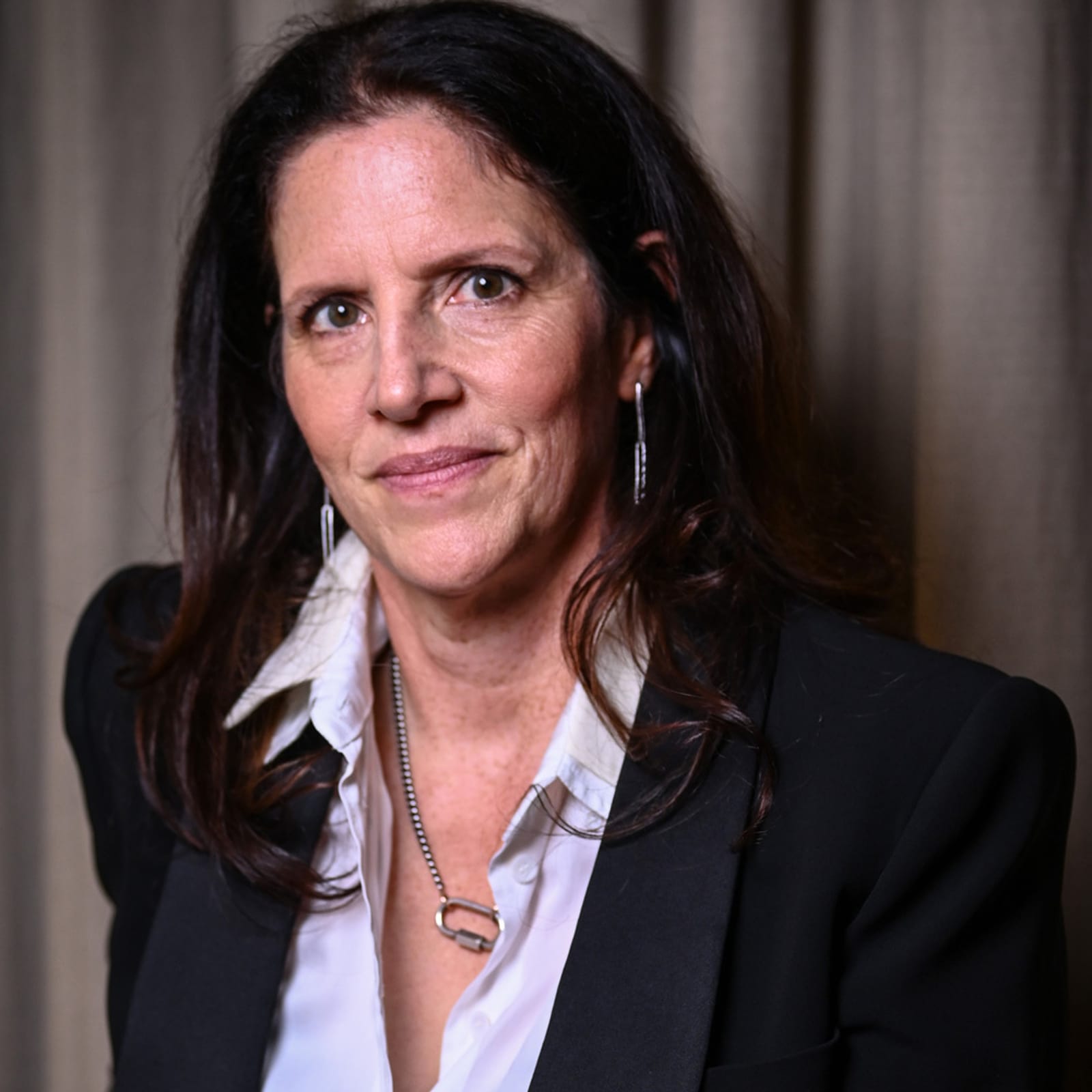
- Truth-Telling Prize Recipient, 2014
Former intelligence officer and whistleblower Edward Joseph Snowden, whose actions exposed the extent of warrantless surveillance of millions of people living in the US by the National Security Agency, is the 2014 co-recipient, with Laura Poitras, of The Ridenhour Prize for Truth-Telling.
In early 2013, Snowden released classified documents about top-secret government surveillance programs to filmmaker Laura Poitras and journalist Glenn Greenwald. The documents revealed that the US government had created programs to systematically collect millions of phone and internet records.
“I don’t want to live in a world where everything that I say, everything I do, everyone I talk to, every expression of creativity or love or friendship is recorded. And that’s not something I’m willing to support, it’s not something I’m willing to build, and it’s not something I’m willing to live under. So I think anyone who opposes that sort of world has an obligation to act in the way they can,” Snowden told Greenwald, Poitras, and Guardian journalist Ewen MacAskill in an interview for the Guardian in June 2013.
Snowden spent his early years in North Carolina before moving to Maryland, where he grew up just miles from the government agency that would eventually dominate his life. Snowden signed up for the US army after high school, moved by a desire to “help free people from oppression” during the Iraq war. But his army career was short-lived; he was discharged after breaking both legs in a training accident.
His military experience and technical expertise soon helped him to secure his first job with the NSA in 2005, at a covert facility at the University of Maryland. From there, he moved on to the Central Intelligence Agency, taking up a position as an undercover intelligence officer, someone who officially worked around Europe as a US diplomat, but secretly served as the CIA’s elite in-country technical expert. In 2009, he joined the NSA as a contractor employed by Dell, stationed first in Japan and later in Hawaii.
By the time he reached Hawaii in 2012, Snowden was already greatly disillusioned with government intelligence activities. He had previously considered revealing documents outlining the extent of government privacy abuses, but held back in the hope that President Obama would put an end to Bush-era surveillance programs; he didn’t.
It was during his time with Dell that Snowden read a 2009 report by the Inspector General of the NSA describing STELLAR WIND, a program that involved the warrantless collection of phone records of millions of Americans. The New York Times had broken the story on STELLAR WIND in 2005, but the 2009 report filled in crucial gaps, providing unequivocal evidence that senior US officials were breaking the law, accessing private data without warrant. The discovery of the report was a critical turning point for Snowden, confirming his decision to release news of the government’s surveillance programs to the public.
Snowden worked to mitigate national security fears by emphasizing the consideration he gave to the way the documents would be released. He knew that he wanted to release documents exposing illegal NSA activity to specific journalists, and chose his contacts with great care. Snowden turned to Laura Poitras and Glenn Greenwald for their fearless reporting in the post-9/11 era. In January 2013, he anonymously contacted Poitras, who had been working for almost two years on a documentary about domestic surveillance in the US. “We came to a point in the verification and vetting process where I discovered Laura was more suspicious of me than I was of her, and I’m famously paranoid,” Snowden said in an interview with Peter Maass for the New York Times Magazine. Poitras was frequently detained at US borders, thanks to her work as a documentary filmmaker and investigative reporter; her professional dedication sent a signal to Snowden that she was the right person for the job. “I bet you don’t like this system. Only you can tell this story,” he told her.
Poitras reached out to Greenwald at Snowden’s request. Then in May 2013, Snowden gave up his family, a home in Hawaii, and a six-figure salary at NSA contractor Booz Allen Hamilton to fly to Hong Kong, where he intended to reveal himself to Greenwald and Poitras.
Since leaving the US, Snowden has made no attempt to keep his identity secret and takes full responsibility for the disclosures. When Greenwald asked him why he revealed himself as the whistleblower, Snowden replied: “I think that the public is owed an explanation of the motivations behind the people who make these disclosures that are outside of the democratic model…. And I’m willing to go on the record to defend the authenticity of them and say, ‘I didn’t change these, I didn’t modify the story.'”
Among the earliest documents Snowden released, Greenwald found a four-page top secret court order requiring that Verizon hand over detailed records of customer phone calls. This revelation would form the basis of Greenwald’s first story on the NSA leak, published by the Guardian on June 5, 2013 — the first the public would hear about the NSA files. The story was revelatory: Government officials had repeatedly denied that this type of data collection was taking place. The document also provided damning evidence that director of national intelligence James Clapper had lied at a March 2013 Senate intelligence committee hearing, claiming that the NSA does “not wittingly” collect data on millions of Americans.
A day later, the Guardian broke a second story, this time about PRISM, a program giving the NSA direct access to servers of internet giants like Google, Apple, and Facebook. Details about the program were described in a 41-slide PowerPoint presentation released by Snowden. On June 8 came news of Boundless Informant, a tool for cataloguing and mapping the source and volume of intelligence information from computer and telephone networks on a global scale.
Snowden was not the first to raise concerns about the extent of government surveillance post-9/11. Whistleblower and 2011 Ridenhour Prize for Truth-Telling recipient Thomas Drake also exposed surveillance activities at the NSA. Snowden followed Drake’s case closely and saw what had happened to a whistleblower who used formal channels to raise concerns before taking his story to the press. Despite these actions, Drake had to resign from the NSA, was investigated by the FBI, faced charges under the Espionage Act, and was brought to the brink of bankruptcy by legal fees. Drake’s fate profoundly influenced Snowden’s decisions to leak the documents through the press and to do so from a location outside the United States, largely because, as a contractor, he was not eligible for the same whistleblower protections as Drake.
Snowden’s actions have opened up an unprecedented debate on mass surveillance, but they have come at great personal cost. Unable to return to his life in the United States, he left Hong Kong on June 23, 2013. He spent more than a month in Sheremetyevo airport’s transit area applying for asylum to more than twenty countries before Russia granted him temporary asylum for one year. He currently lives in Moscow while he is unable to travel, from where he continues to advocate for press freedom and measures to protect personal privacy.
If he returns to the United States, Snowden faces at least three felony counts, including two charges under the Espionage Act: “Unauthorized communication of national defense information” and “willful communication of classified communications intelligence information to an unauthorized person” which could land him in jail for decades. Federal prosecutors filed the complaint outlining the charges in June 2013.
In reflecting upon its decision, the awards committee said, “We have selected Edward Snowden and Laura Poitras for their efforts to expose the NSA’s illegal and unconstitutional bulk collection of the communications of millions of people living in the United States. Their act of courage was undertaken at great personal risk and has sparked a critical and transformative debate about mass surveillance in a country where privacy is considered a constitutionally-protected right.”
“I didn’t want to change society. I wanted to give society a chance to determine if it should change itself,” he told Washington Post journalist Barton Gellman in December 2013. “All I wanted was for the public to be able to have a say in how they are governed.”
More 2014 Prize Winners
One Bold Move, Countless Lives: Empowering Humanity, Changing the World.



